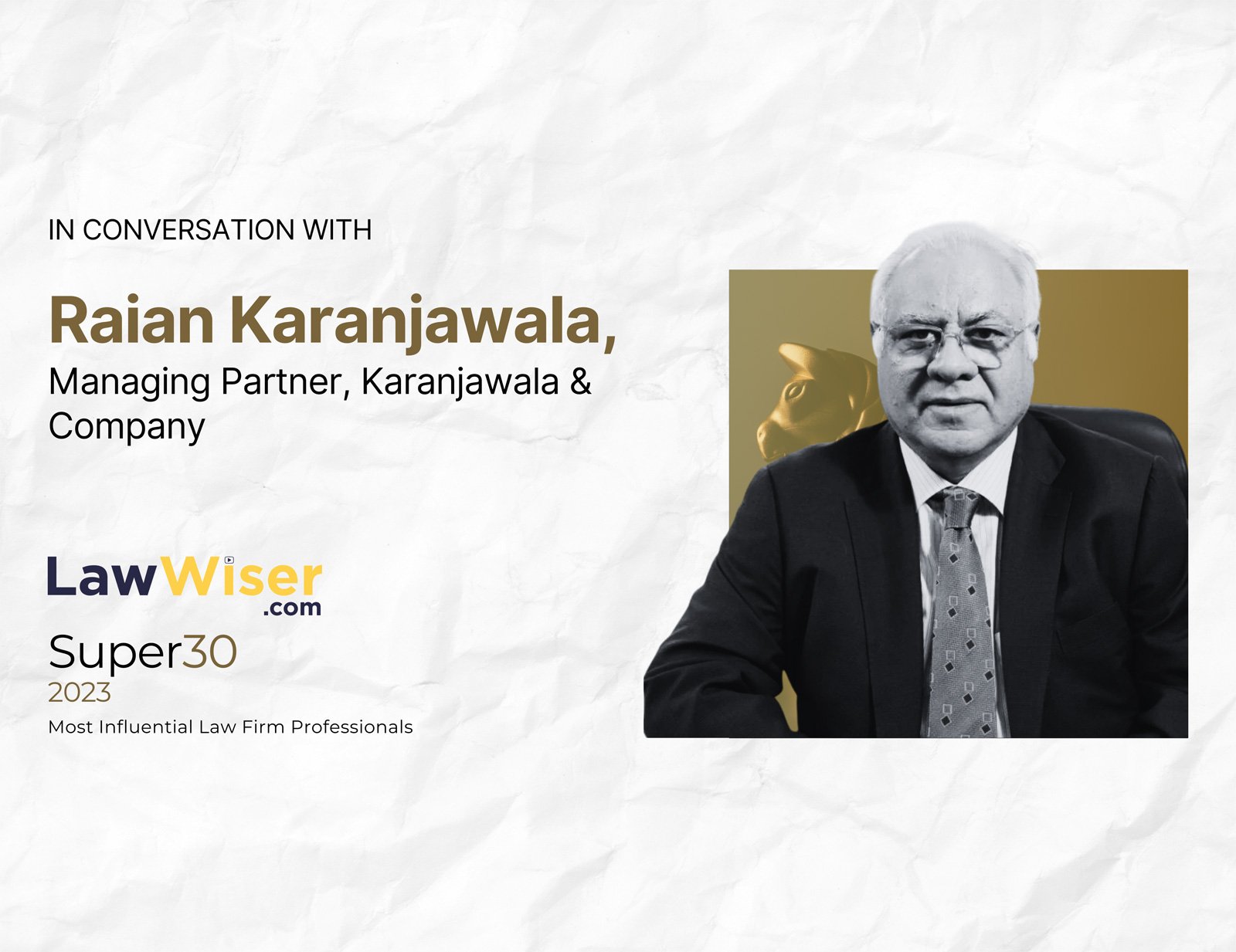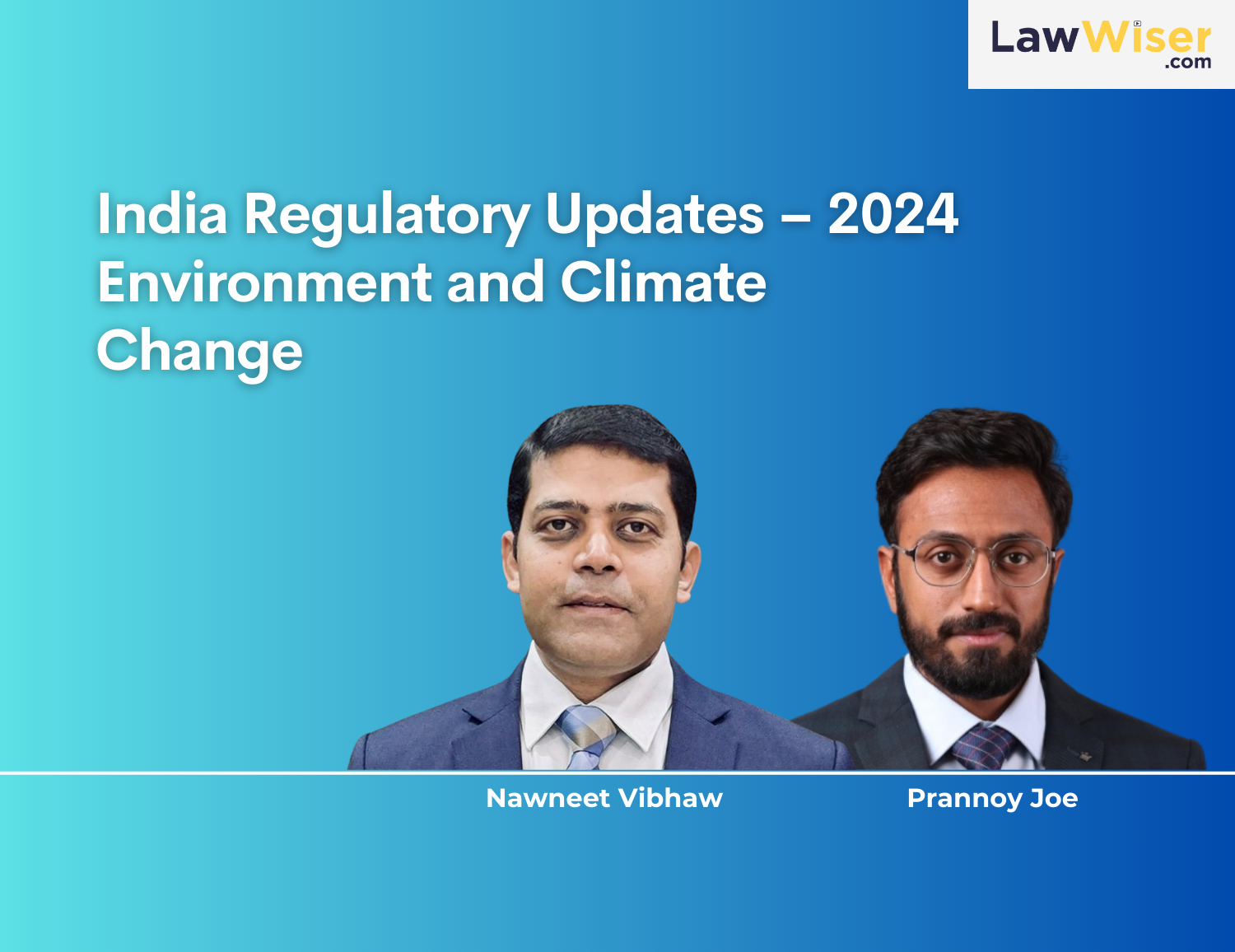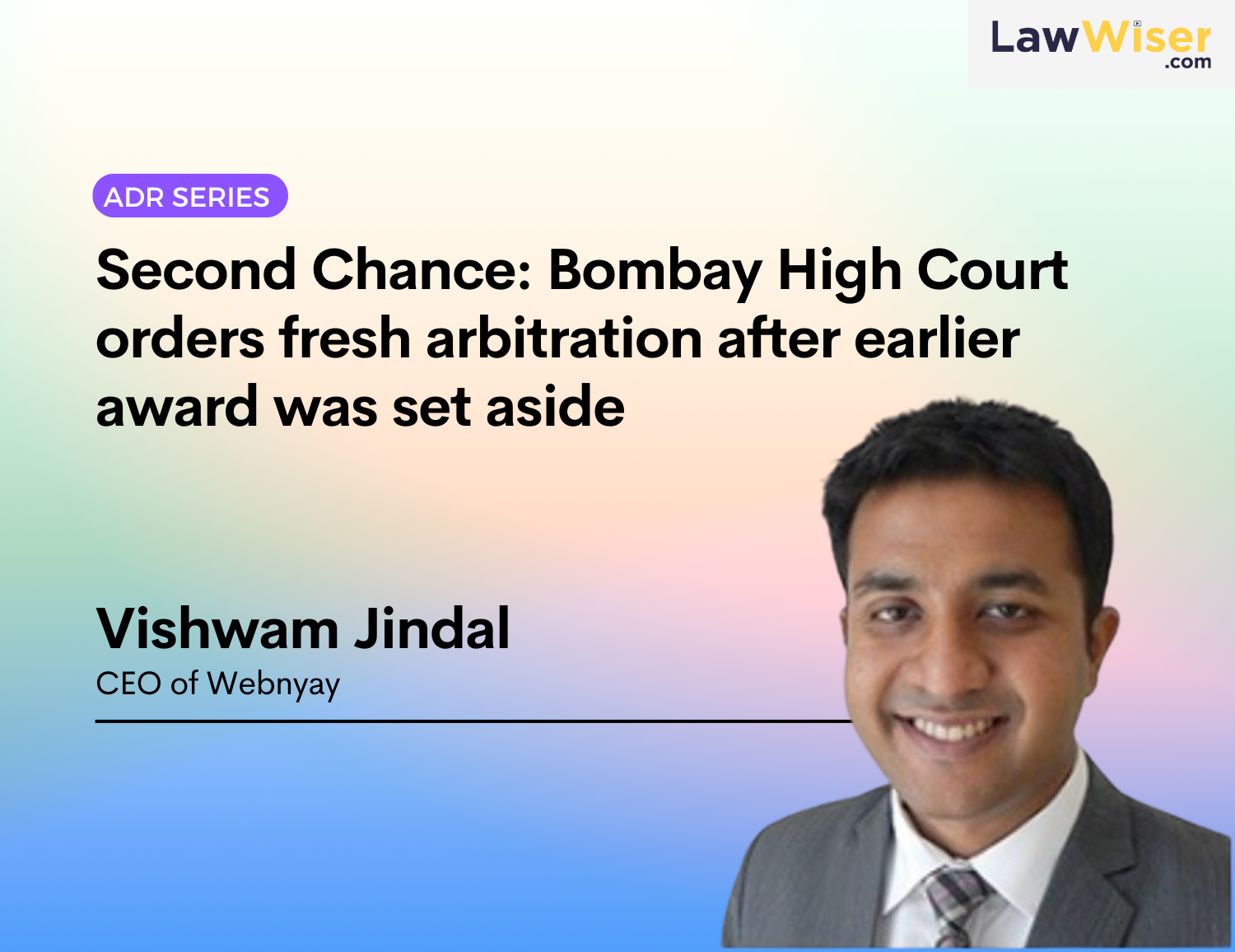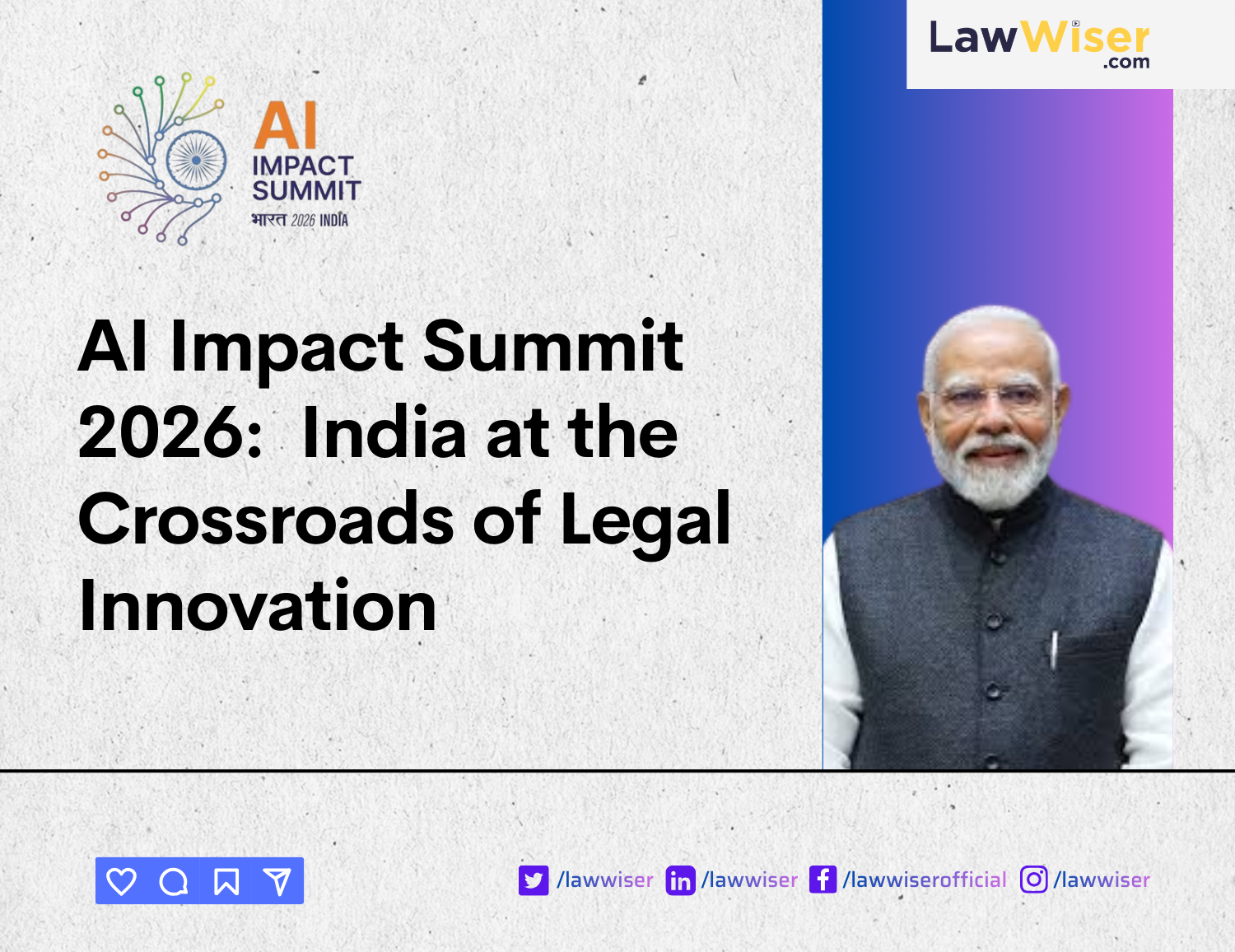As one of the top legal minds in the country can you share a moment in your career that you consider a true highlight or milestone?
Our Firm over the years has had several moments which can be either considered as one of the highlights of our professional journey, or a milestone in the same; one of recent vintage would be our appearance for the Tata Group in the Tata Vs. Mistry matter throughout all the forums including the Supreme Court. However, out of the various highlights that the Firm has had, if there was one that I had to single out, it would be the time in which Mr. V.P. Singh (at that time the former Finance and Defence Minister of India) approached our Firm to appear on his behalf before the Thakkar-Natarajan Commission on Fairfax. That case was a major launching pad and suddenly, as a result of the publicity due to this appearance, the Firm acquired a very distinctive and large profile.
How do you perceive the role of lawyers in addressing broader societal issues in today’s time? Are there particular instances you believe when the legal profession contributed to positive social change?
Lawyers have always played a role when it comes to addressing the broader societal issues of the day. One area in which I feel that the legal community (which includes both the Judges and the lawyers) made a huge contribution to the empowerment of several oppressed sections of society, was when, in the early and mid-80s, the whole concept of Public Interest Litigation (PIL) was developed in the Supreme Court by Judges like Justice Bhagwati and the other Judges in the Court. What used to happen was that, through the medium of the PIL, important issues concerning the society at large were canvassed by an individual Petitioner who, in effect, spoke on behalf of the whole community and the problems of the same. In fact, very often the Supreme Court would take a letter, which was addressed to it, outlining a grievance and convert it into a W.P. and would then appoint an Amicus Curiae to assist the Court. The judgements of the Supreme Court in the 80s are replete with judgments in PILs, by which various wrong doings and issues of the concerned society were addressed.
Given your exceptional expertise, what strategies do you employ to stay at the forefront of legal innovation and thought leadership? Are there any specific routines that have contributed to your continued success in the legal field?
Insofar as the strategy adopted by the Firm to stay at the forefront of our chosen field of work, which is litigation, the one thing that we have tried to ensure all these years, is that we deliver good service at a reasonable cost. The Firm has always been very cost sensitive to the needs of the client, and this has helped ensure that we, not only were briefed in prominent litigations over the years, but also ours was a Firm that people came to for bulk litigation. We have often worked on the model of a monthly retainer, so that the client knew that his costs were capped and therefore felt more comfortable when he came to us. I have always believed that the only way to excel in what you are doing is to do a lot of it, and that can only happen if you keep your price points cost-effective, so that people find it easier to access you and approach your Firm. This has been one of the guiding forces that we have kept with us over the years.
In your experience, what do you see as the most pressing challenges facing the legal industry today? And what advice would you offer to the next generation of lawyers entering this field?
Insofar as the current challenge that the legal industry faces today, I think it is the fact that it is overpopulated with lawyers who have a general skill set, whist increasingly every year the need of the hour, as far as litigation is concerned, is specialization. I think slowly we will find, over the years, the era of the all-round counsel evaporating, and the specialists will begin to have their day. My advice to all lawyers entering the profession today would be to, as early as possible, isolate a few areas of speciality which they feel will remain relevant in the future, and then gravitate towards acquiring both domain knowledge and experience in the same.
Mentorship is often cited as a key factor in professional success. Can you share insights into your own experiences with mentorship, both as a mentee and a mentor?
Insofar as my own mentorship is concerned, if I had an informal mentor, it would be Fali Nariman who, as a result of my friendship with his son – Rohinton (from my college days), was always there for me when I needed a good word to be put in or a piece of advice to be given. It was Fali and his wife Bapsi who ensured that I got into Government Law College, and later on, it was again Fali who put in a word with Pravin Parekh, as a result of which, he took me into his firm. I still remember, when I was about to join Pravin Parekh, one day when there was a dinner at Fali’s house, he took me aside for a minute or two on the front porch of his house and said – “…now that you are joining Pravin, remember one thing, nobody in this profession has time to teach you, you have to find ways to make yourself useful”, and that was excellent advise that he gave me, which stayed with me throughout the years.
My real mentoring however was not just from Fali, but from a host of top counsels who Pravinbhai’s firm used to brief at that point of time. So, every morning, we would find ourselves either in the chamber of Fali Nariman, or Soli Sorabjee, or Anil Divan, or P.R. Mridul, or V.M. Tarkunde (my father-in-law), or Dr. Y.S. Chitale, or Ram Jethmalani, and so on. It was the consistent and regular briefing of all these people for almost 3 years that constituted my real mentoring. This became our real learning ground, and we were fortunate to be able to work so much and with such regularity with the best legal minds the country had.
Insofar as mentoring people are concerned, I concentrate on my two daughters – Tahira and Niharika. The younger one Niharika is in the Criminal team while the elder one – Tahira is on the Civil side practicing largely both in the Supreme Court and in the High Court and is now a Partner in the Firm. The real thing I try to do for them is to keep them busy. Once you ensure that, the rest takes care of itself.



 April 19, 2024
April 19, 2024








 February 13, 2026
February 13, 2026 0 COMMENTS
0 COMMENTS


